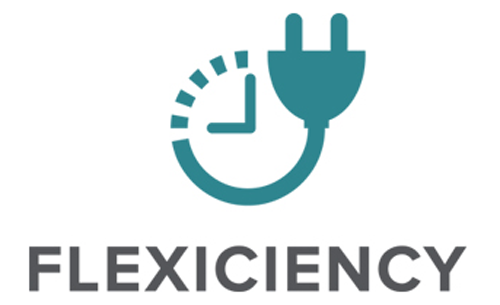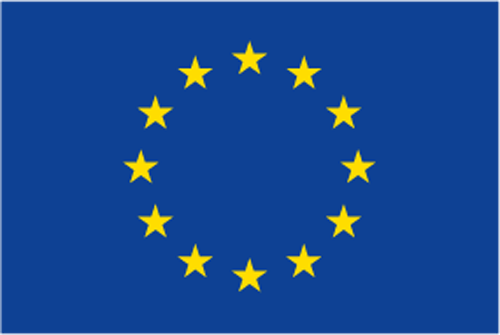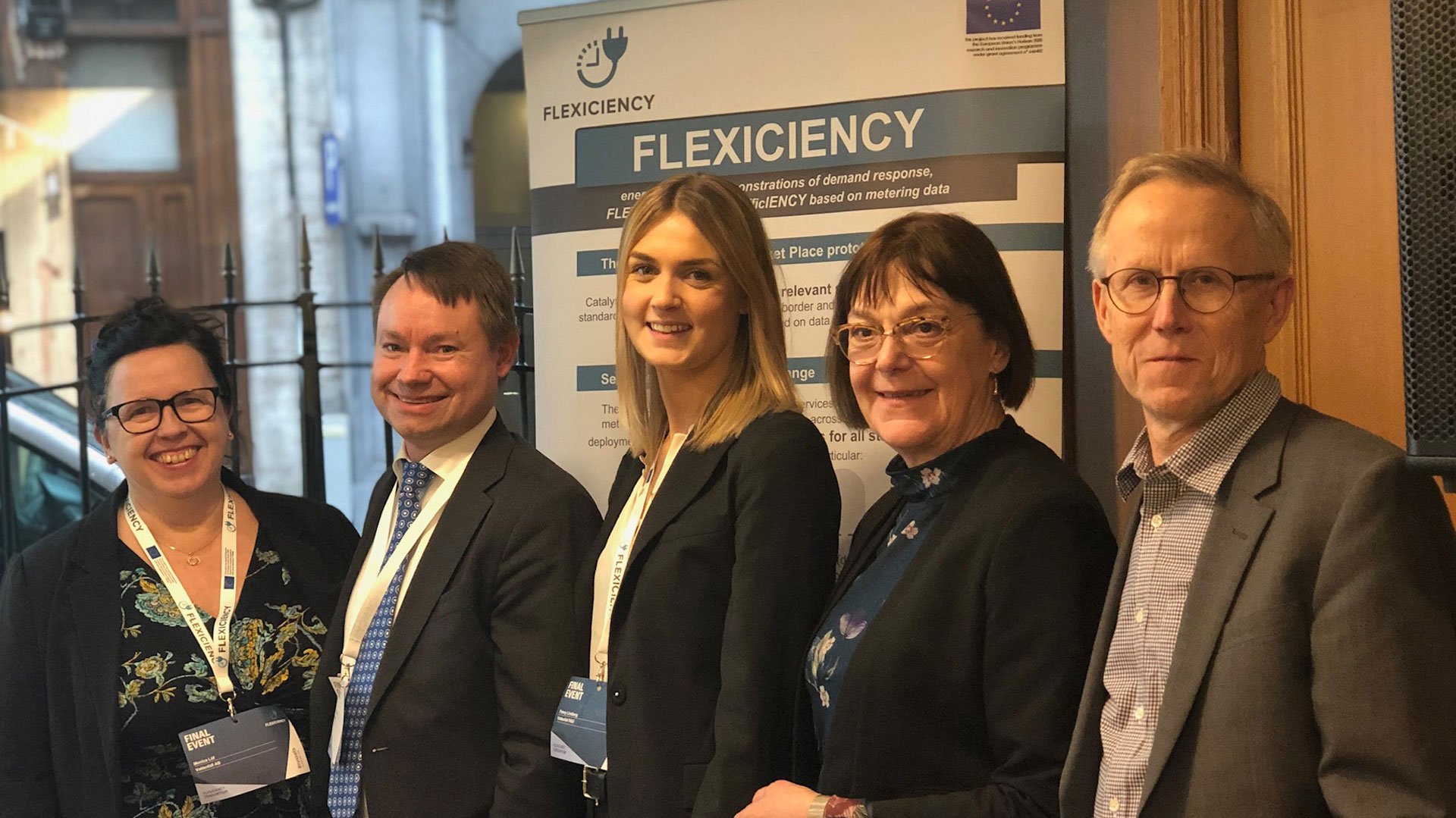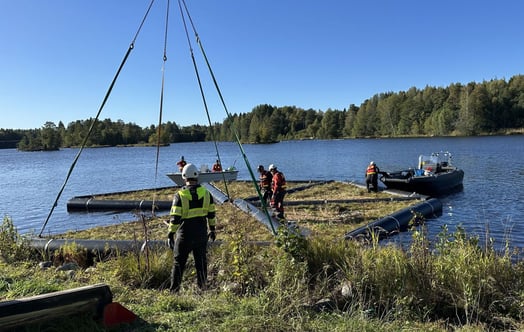An open marketplace can provide new, improved energy services in the EU
An open European market, with standardised, accessible data regarding customer electricity consumption and generation will lead to the development of smart, innovative energy services in the EU.


This project has received funding from the European Union's
Horizon 2020 research and innovation programme under grant agreement n° 646482.

Monica Löf, Ph.D. Project Manager, Fredrik Carlsson, Portfolio Manager, Fanny Lindberg, Project Manager, Christina Svalstedt, Customer Manager, Lars Garpetun, Business Developer
The four-year EU Flexiciency project, with a budget of close to SEK 200 million, strives to prove that innovative energy services can be developed on an open European market, thus facilitating collaboration among stakeholders. Eighteen companies in ten countries have participated in the project, with Italy, France, Spain, Austria and Sweden having held a number of demos and market tests. Vattenfall has been responsible for the Swedish market test.
"The emergence of new energy services is more likely if historical and real-time data are made available to all electricity market stakeholders in a standardised way. This may lead to new market stakeholders and innovative services, which will benefit the end customer," says Fanny Lindberg, Vattenfall's Flexiciency market test Project Manager in Sweden.
Grid operators are already responsible for sharing data with electricity trading and energy service companies, provided they have obtained customer consent. However, there is not yet a standardised method for stakeholder interaction and security and integrity issues must be secured.
Customer-oriented services
"The purpose of the Swedish test was to create new, customer-oriented services enabled by automatic delivery of customer data and real-time data to select service suppliers. This could entail data on consumption and electricity quality, as well as generation data for customers who have installed solar panels," says Fredrik Carlsson, Portfolio Manager of Distribution at R&D.
The Swedish test included IT development and development of services for private customers. Based on a few application areas, three services were created to meet customer needs regarding comfort, control, security and energy consumption knowledge.
"The goal was to develop an app for private customers that would help them gain greater awareness and understanding of their energy consumption. The basic version of the app is called Energichecken Bas (Energy Check Basic). Based on the basic app, two complementary services were developed: Energichecken Värme (Energy Check Heat) and Energichecken Sol (Energy Check Solar)," says Christina Svalstedt, Customer Relations Manager of the Flexiciency market test in Sweden.
Deviation alerts
The app is intended to make it easier for customers to track their electricity and heat consumption or their solar panel electricity generation. It allows them to get advice regarding their energy consumption and to set alerts for deviations from their normal values. The market test showed that customer electricity consumption went down by almost three per cent as a result of their easily being able to monitor and affect their electricity consumption.
Energichecken Bas (Energy Check Basic) is based on intelligent monitoring of electricity consumption through automatic metre readings (AMR). Energichecken Värme (Energy Check Heat) enables heat control via a self-learning system to save electricity and money, while Energichecken Sol (Energy Check Solar) enables intelligent monitoring of solar panel electricity generation, based on real-time data.
"The result of the project shows that there are great gains to be made by facilitating data sharing in the energy industry. With regard to customers, the test shows that customer satisfaction rose and that customer electricity consumption went down during the test," Fanny Lindberg concludes.



